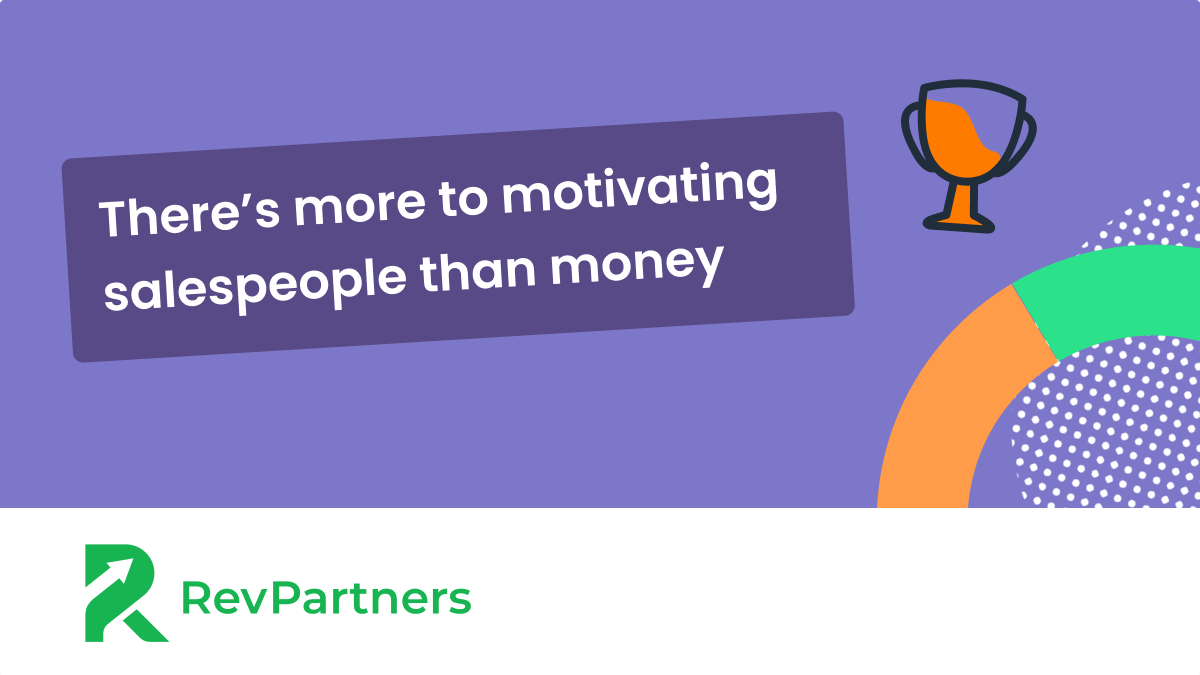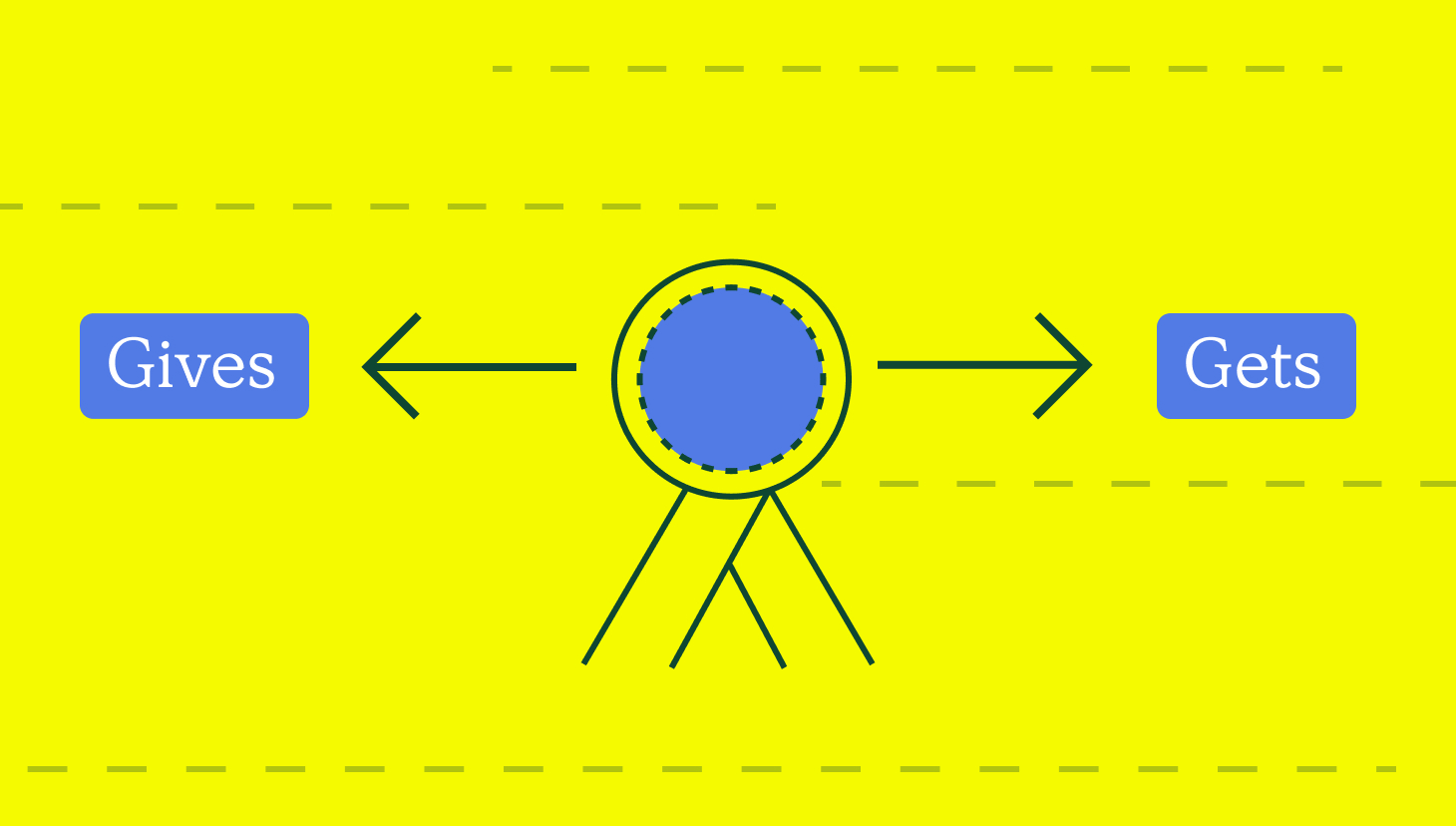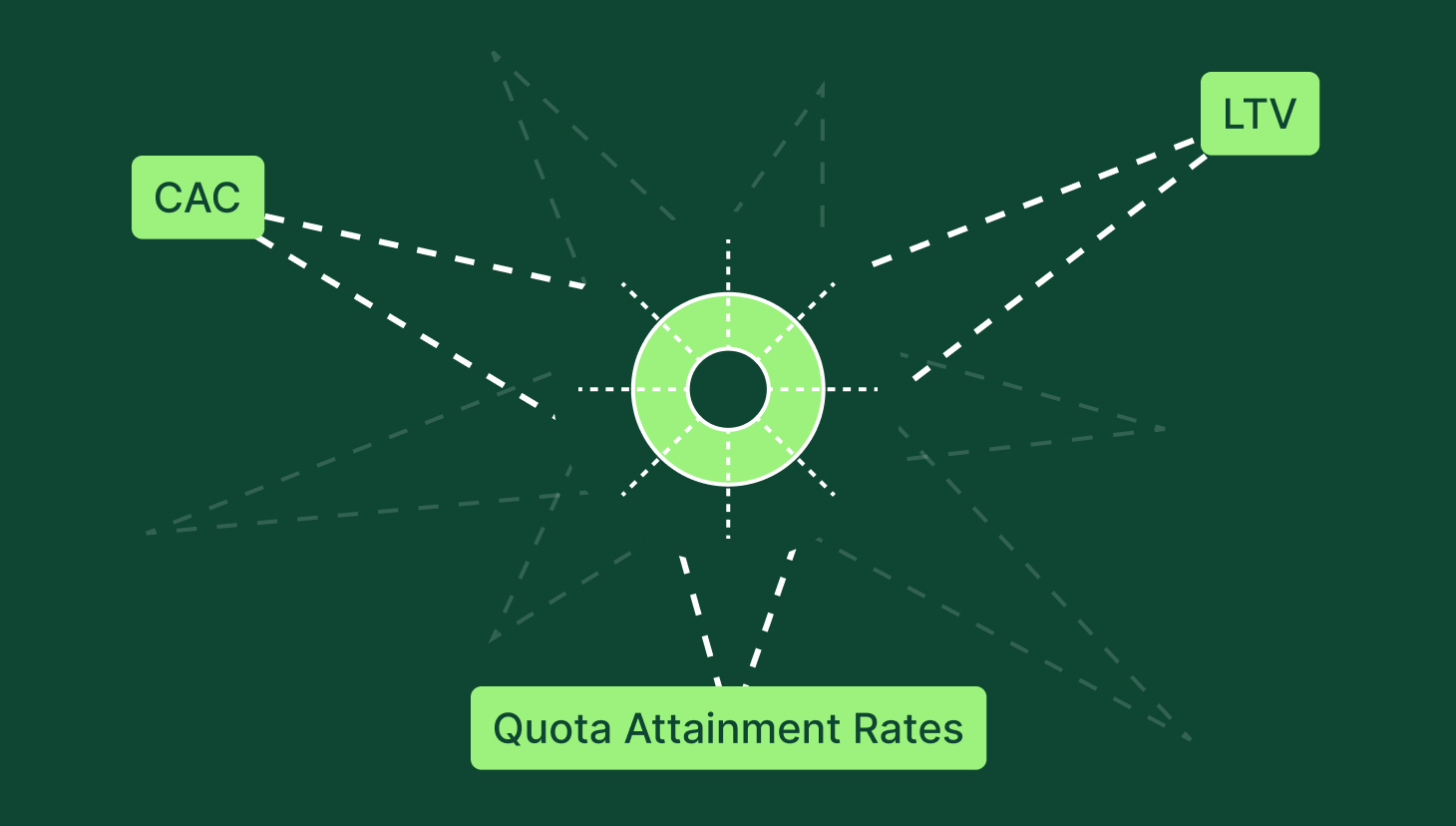This is a guest post on how to keep reps motivated written by RevPartners, a management and consulting firm that designs and executes revenue engines to supercharge their customers’ growth with services such as HubSpot Onboarding, RevOps as Service, and SEO/PPC. The RevPartners team orchestrates, optimizes, and reports on their client’s marketing, sales, and operations processes through automation and tools. RevPartners’ mission is to democratize revenue operations by making it accessible, consumable, and actionable in HubSpot.
In the 2011 film Margin Call, a tense scene takes place toward the end when a high-ranking manager tells the traders “a decision has been made to unwind a considerable portion of the firm’s holdings in several key asset classes.”
Get ready for a fire sale.
That particular day was going to be the last day of employment for all of the traders. On top of that, they were tasked with selling off as much as they could, at whatever price they could, to whomever they could. (The manager even mentioned their mothers as an option.)
If they could sell off 93% of the assets they were responsible for, they would receive a $1.4M bonus. If they couldn’t, they would miss their bonus and be blocklisted from getting another trading job anywhere for their participation in the selling of damaged assets with no swaps.
Although this is an extreme example the likes of which 99.999% of salespeople will never experience, the scene captures how powerful of a tool motivation can play in the field of sales.
With that, let’s dive into exactly what motivates salespeople, whether it be a title, money, or just to deliver a good product to other people, and how companies should respond.
Try QuotaPath for free
Try the most collaborative solution to manage, track and payout variable compensation. Calculate commissions and pay your team accurately, and on time.
Start TrialTypes of motivation
Two types of motivation exist across sales, sports, academics, and really anything else: extrinsic and intrinsic.
Extrinsic
If a person is extrinsically motivated, then they primarily value external sources or outside influences. When a salesperson works harder because they know the result is a higher commission rate, they take an action, in large part, because they want to achieve a particular outcome. This also includes taking action to avoid negative outcomes.
Intrinsic
As a counter, when someone is driven by inherent satisfaction, enjoyment, or personal interest, they are said to be intrinsically motivated. For example, when an athlete plays a sport simply because they love the game, they take action to fulfill an internal desire. Any outside, tangible benefits that are received would simply be considered a bonus.
How to keep reps motivated in Sales
Extrinsic vs. intrinsic motivation
The world of sales is a great example of how both types of motivation often exist side-by-side and produce varying results depending on how they are handled.
Extrinsic
When salespeople are extrinsically motivated, they are motivated by external factors such as monetary rewards, commissions, bonuses, and recognition from peers or superiors. The upside of this is that it will usually lead to a focus on achieving sales targets and closing more deals, especially when you tie in accelerators in your compensation plan to reward overperformance.
On the flip side, although extrinsic motivation can be effective in driving short-term performance, it may not necessarily lead to long-term job satisfaction when the inevitable slow month or bad quarter arises.
Intrinsic
According to a survey, most salespeople are actually intrinsically motivated to succeed at work. These are people who are driven by internal factors such as personal interest, passion for the product or service, and a sense of accomplishment from closing deals. The upside here is that even when a certain commission threshold is not reached, the salesperson is still motivated to take on new challenges and continue improving.
Companies can best support these individuals by providing opportunities for skill development, recognition, and a positive work environment that promotes a sense of purpose and accomplishment.
The vast majority of salespeople are neither fully intrinsically nor extrinsically motivated, but rather some combination of the two. Also, some salespeople also cite helping the customer at all costs, even putting them above company and personal interests, as their chief desire. These people are said to be “altruistically motivated”.
Create Compensation Plans with confidence
RevOps, sales leaders, and finance teams use our free tool to ensure reps’ on-target earnings and quotas line up with industry standards. Customize plans with accelerators, bonuses, and more, by adjusting 9 variables.
Build a Comp PlanIndividual vs. team compensation
In the scene from Margin Call referenced earlier, the senior manager also states that beyond the individual goal of selling off 93% of the assets in their personal portfolios, if the team as a whole sold off 93%, then each trader would gain an additional $1.3M one-off bonus. This highlights the fact that in sales, there are both individual and team compensation plans.
Individual-based compensation systems
When an organization relies on individual-based compensation systems, salespeople have a high level of autonomy and control over their own performance and earnings, as their compensation is directly tied to their individual efforts and results. This can help foster healthy competition and drive team members to excel and outperform their peers.
The downside is that when this is taken too far it can lead to behaviors such as undermining colleagues and creating a toxic work environment. Also, when compensation is solely based on individual performance, there will naturally be less collaboration (e.g. hoarding leads).
Team-based compensation systems
This commission structure tends to promote collaboration, knowledge sharing, and mutual support among sales team members as they work together and support each other in reaching targets.
The downsides here are fairly obvious as some sales team members may rely on the efforts of others and not pull their weight, leading to free-riding behavior. Also, high-performing salespeople may feel demotivated if their efforts are not directly rewarded and recognized in a team-based compensation system, as their individual contributions may be diluted.
The role of perceived equity
In psychology, there is a concept known as the “equity theory” which suggests that individuals compare their inputs (e.g., effort, skills, experience) and outcomes (e.g., compensation, rewards) in relation to those of others to assess whether they are being treated fairly in the workplace.
If a salesperson’s perception is that their compensation is fair and equitable, it can positively impact their motivation, engagement, and job satisfaction, leading to increased performance and effort in their sales role. On the other hand, if a salesperson perceives that their compensation is unfair or inequitable compared to their efforts and contributions, it can negatively impact their motivation, leading to decreased performance, job dissatisfaction, and potentially even turnover.
Companies can mitigate problems in this area by emphasizing transparent and clear communication about compensation plans, providing regular recognition and rewards to salespeople who meet or exceed performance expectations, and regularly evaluating and adjusting compensation plans to ensure they are perceived as fair and equitable.
Different types of compensation structures
One of the biggest motivational differentiators is sales compensation structures.
Commission-based compensation
This arrangement, in which compensation is directly tied to performance, provides high motivation for salespeople to maximize sales, and tends to attract and retain highly motivated salespeople who thrive on financial incentives, a sense of autonomy and control over earnings.
On the negative side, it can lead to a “feast or famine” mindset, resulting in salespeople focusing solely on high-commission products or customers. It may also create a hyper-competitive environment, leading to potential conflicts and unhealthy competition.
Salary-based compensation
When salespeople receive a fixed salary regardless of their sales performance, it will often promote a more collaborative and team-oriented sales environment, as they are not solely focused on individual commissions. It may also encourage a long-term perspective and relationship-building with customers, as salespeople are not solely driven by immediate sales results.
As for the bad, it will often lead to complacency or lack of motivation as there may be no financial incentives for exceeding performance expectations.
Summing it up
Everyone in the sales field wants to do a good job, just not always for the same reason…
- Some are motivated by money and some by an internal drive for daily improvement.
- Some enjoy competing against peers in a healthy way, and some would rather collaborate on everything.
- Some are only willing to put forth effort if they feel everyone is being rewarded in the same exact proportion.
- Some desire to be rewarded based solely on wins and losses, and some want a guaranteed income regardless.
In the end, companies need to structure their plans as fairly as possible (Hello, QuotaPath!) and make every effort to adjust to the individual needs and motivational preferences of their team members if they want to achieve long-lasting success.
To learn more about RevPartners, visit revpartners.io.



